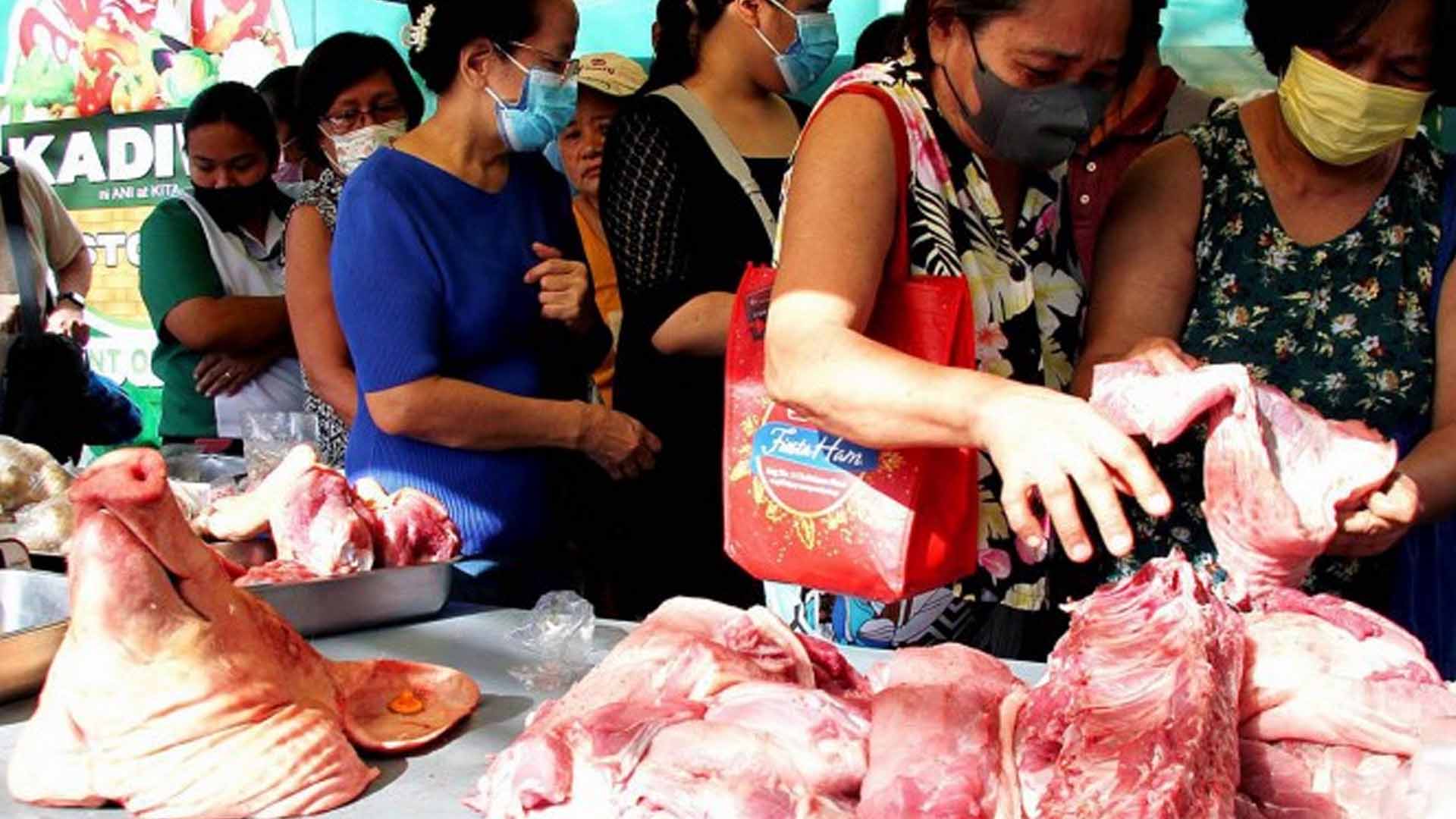Local hog raisers have assured consumers of steady supply of pork despite a notable decline in the country’s swine inventory after almost five years of battling African swine fever (ASF).
In an interview with the Philippine News Agency on Wednesday, Rolando Tambago, president of the Pork Producers Federation of the Philippines (ProPork), admitted that pork production continues to be affected by the disease, for which no vaccine has yet been made available.
However, Tambago said whatever gap exists between domestic production and consumer demand has so far been amply filled by hefty pork importation, and this trend is likely to continue for the foreseeable future or until an ASF vaccine is finally released locally.
He said backyard piggeries are most vulnerable to ASF infection because they generally lack the means to invest in costly biosecurity.
“The structure of backyard piggeries really makes it hard to control ASF. They (small hog raisers) understand the importance of biosecurity but often lack the capital to invest in it,” Tambago added in Filipino.
“It is sad what is happening to small hog raisers today. They are being taken exploited by unscrupulous traders who are buying their inventories at such low prices, even if their pigs are healthy. There is an ASF scare going on in the industry,” he lamented.
Tambago said that while the ASF virus is not “airborne,” it can be transmitted from one piggery to another through rodents, domestic animals, birds and people.
He said while large commercial piggeries have not been totally spared by ASF, they are generally in far better shape to prevent or manage the outbreaks.
The stable output of commercial piggeries has been a major contributor to the country’s relative resilience against ASF, he added.
The Department of Agriculture (DA) confirmed the first ASF outbreak in July 2019 and since then, outbreaks have occurred in 72 out of the country’s 82 provinces as of yearend 2023.
Meanwhile, President Ferdinand R. Marcos Jr. extended late last year the reduced Most Favored Nation (MFN) tariff rates on selected commodities, including pork, covered under Executive Order No. 10 until Dec. 31, 2024.
Thus, the tariff rates for pork will remain at 15 percent in-quota and 25 percent out-quota, keeping them favorable to importers.
ProPork is a national organization of commercial and backyard swine raisers and their allied services founded to protect and promote the varied interests of the country’s pork industry, and made up of 40 member associations with 615 commercial and 72,157 backyard swine farm members nationwide. (PNA)





















